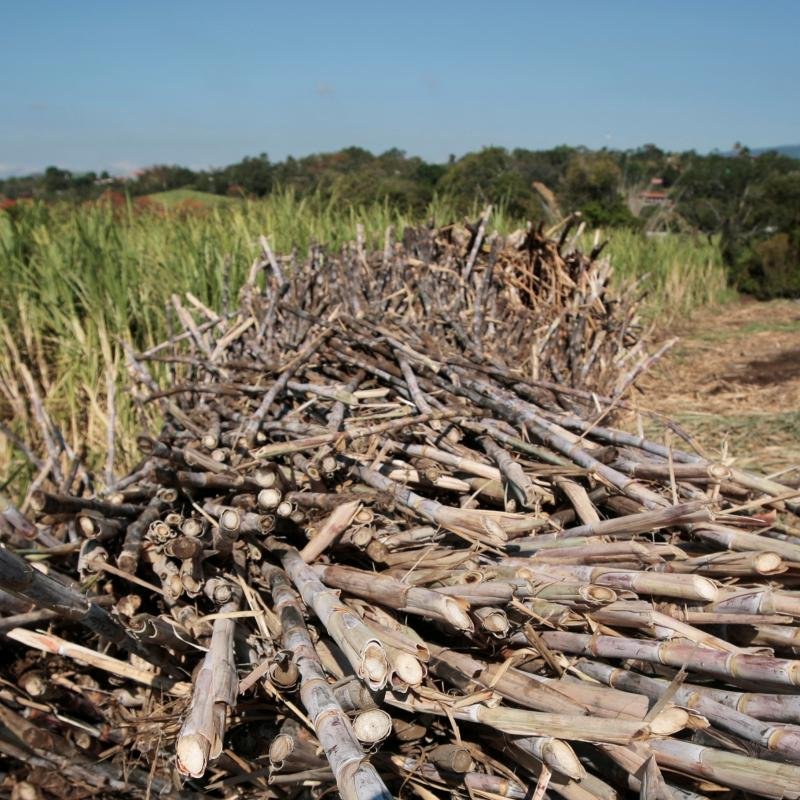Peru: Oxfam report shows consequences of EU and Belgian biofuel policies in the north of the country by doing a study case of Maple Etanol activities

OXFAM International
Oxfam has launched the report “Fueling human rights violations: Consequences of EU and Belgium’s biofuel policies in northern Peru”, which focuses its analysis on Belgium’s investment in a sugarcane plantation in the north of the country, from which it purchases biofuels and that sells ethanol to the European Union market since 2018.
Through a study case of Maple Etanol's activities in the Chira Valley, northern Peru, the report demonstrates that, despite playing a key role on EU's "Green Deal" priorities, biofuels have enhanced all kinds of environmental, social and political disruptions, and unleashed massive transformations – particularly in the Global South – because of rising international demand. It shows that ethanol investments in the region have been unfortunately successful in at least one thing: they have radically transformed local conditions concerning access to scarce resources such as land and water, which fits into larger international trends of dispossession and displacement and even causing lung diseases to locals.
In this context, Oxfam states that EU and Belgian policies need to be modified to be sensitive to the larger implications of food-based first-generation biofuels and that "their role in fostering a market expansion for energy sources with serious environmental and social costs should not be overlooked".
We invited Maple Etanol to comment on the report, but the company did not respond.